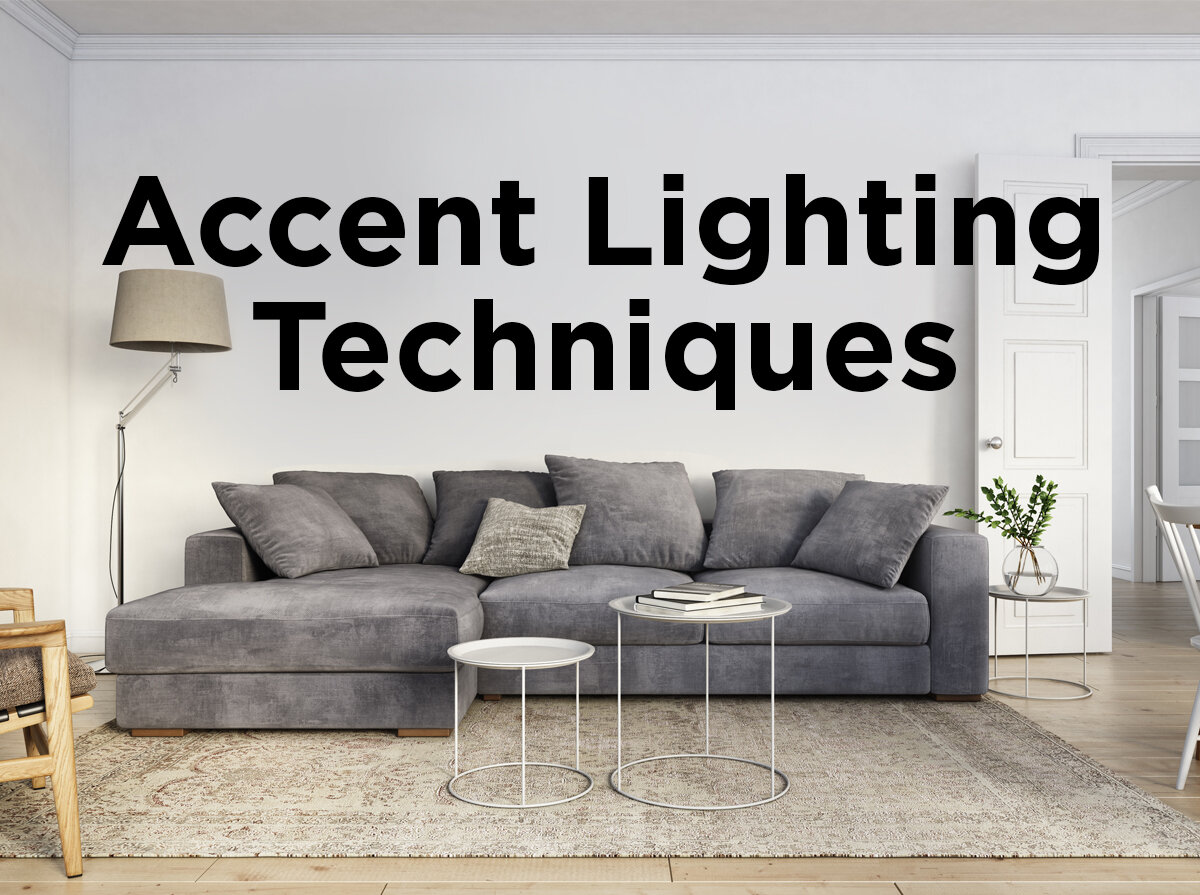The Best Lighting for Your Bedroom
The bedroom is considered a place of rest and relaxation, but if you think about it, you do much more in your bedroom than catch up on sleep. Activities such as reading, studying, or just watching television all require some amount of lighting, whether directed on specific areas or simply present in the background. Though all bedrooms are different and require a unique lighting plan, here’s what you need to know to choose the best lighting for your bedroom.
Ambient Lighting
Ambient lighting is your primary, all-around light source. In many bedrooms, it comes in the form of a ceiling fan equipped with 3-4 standard shape light bulbs. Ceiling fan light fixtures are practical, and sometimes necessary, for use in the bedroom so you can stay cool while you sleep without hiking up your electrical bill. Sometimes, bigger bedrooms are a little more creative, incorporating a recessed lighting layout or a large, dramatic ceiling fixture (such as a chandelier), while other bedrooms display a stylish close-to-ceiling light to save on space.
Along with fixtures, you should also pay attention to the quality of your lights. A warm color temperature (about 2700K) will help create a cozy atmosphere in your bedroom since it’s softer and easier on the eyes than bright, cool-toned light. Dimmer switches are a necessary luxury, allowing you to lower your lights to a comfortable, relaxing glow after dark. And if you spend a lot of time in your room, we also recommend purchasing energy-efficient LED or CFL lights to help you save money on your monthly electricity bill.
Task Lighting
Task lighting, or lighting focused on spaces used for activities, is unique to each bedroom. A common example of task lighting in the bedroom is a floor lamp overlooking a reading chair, or a simple table lamp resting on a nightstand. If you have a desk where you write or access your computer, you may want to consider a multi-directional desk lamp that you can easily focus onto your workspace. Wall sconces installed on either side of the bed are an especially stylish task lighting trend.
Your task lights should ideally be in a warm color temperature to match that of your ambient lights. You may also want to connect your lamp(s) to a plug-in dimmer switch if you don’t already have a dimmer, and of course, using LED or CFL lights can further your energy savings.
Accent Lighting
Accent lighting is purely decorative illumination. It is typically used to create ambiance or highlight artistic elements in a room. A few popular ways to incorporate accent lighting in the bedroom include hanging Christmas lights around your windows or bedframe, or plugging in a nightlight in a kids room. If your room has cool artwork or architectural features, you could display them better with track lights or spotlights. You could also use LED tape light to backlight your TV. Feel free to play around with colors and different intensities of light. Accent lighting is supposed to be creative—so just have fun with it!
Any questions or comments on how you should light your bedroom? We'd love your feedback! Share your thoughts below or on Facebook, Twitter, LinkedIn, Pinterest, or Instagram.







